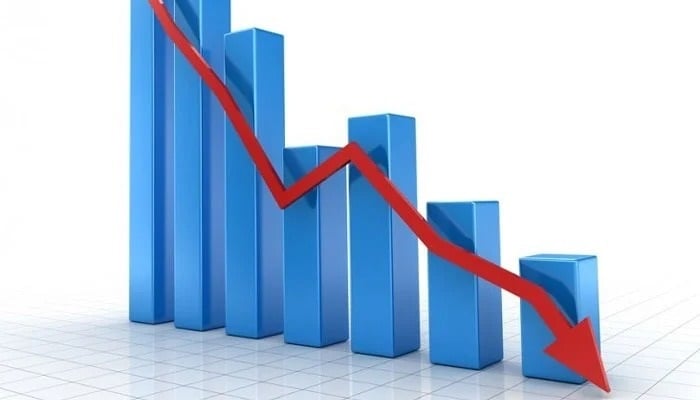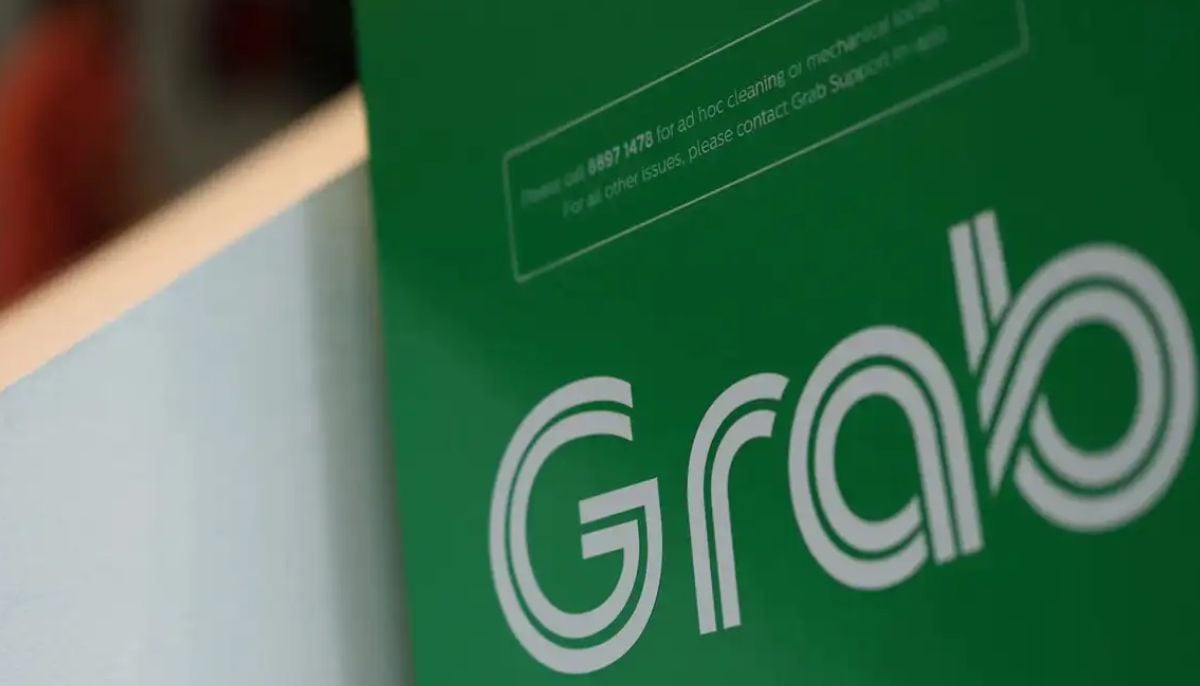Pakistan's SOEs losses hit Rs905 billion in FY23
Liabilities also rose to Rs29,721 billion, a 20% increase indicating higher financial leverage
Pakistan's state-owned enterprises (SOEs) losses hit a staggering Rs905 billion in the fiscal year 2022-23, showing a 23% swell compared to the previous fiscal year of 2021-22.
It was revealed in a report titled "Aggregate Annual Report on Federal State-Owned Enterprises (SOEs) for Financial Year 2023," released by the Central Monitoring Unit (CMU) of the Finance Division on Tuesday.
These losses resulted in aggregate net losses of Rs202 billion, reflecting a 25% increase year-on-year. Liabilities also rose to Rs29,721 billion, a 20% increase indicating higher financial leverage.
Consequently, net equity declined to Rs5.49 trillion, down by 2.55%. The federal government remains concerned about overall portfolio volatility, with Value at Risk at higher levels.
In the power sector, particularly within distribution companies (DISCOs), losses remained prominent. Aggregate losses on the power side totalled Rs304 billion, despite Rs759 billion being allocated to support the sector.
Additionally, entities in the infrastructure sector, such as the National Highway Authority (NHA), incurred high financial costs, exacerbating the overall loss-making scenario.
The railways sector also contributed to the escalating losses, with aggregate losses over the past decade reaching Rs5,595 billion.
Government of Pakistan provided aggregate support amounting to Rs1,021 billion through Equity Injections (Rs267 billion), Grants (Rs223 billion), Subsidies (Rs403 billion), and Loans (Rs128 billion) to sustain these SOEs and bolster the economy.
However, this support accounted for more than 10% of the federal budget's receipts, underscoring significant fiscal strain.
Various risks were identified within the SOE sector, notably substantial working capital lock-up due to aged receivables and payables across the chain, contributing to a circular debt exceeding Rs4 trillion.
Operational inefficiencies in the power sector continued to negatively impact SOE profitability, cascading throughout the chain.
Guarantees provided amounted to Rs1,656 billion, while the debt stock reached Rs3,545 billion, with accrued interest on NHA loans alone exceeding Rs1,100 billion.
These high debt and guarantee levels pose significant risks for the sector, exposing it to both systemic and unsystemic risks. Systemic risks include economic downturns, inflation, and interest rate fluctuations, exacerbating financial strain on SOEs and making debt servicing more challenging.
SOEs contributed Rs466 billion to the national exchequer in taxes, a 24% increase, while non-tax revenues, including sales taxes, royalties, and levies, totalled Rs952 billion, up by 58%. Dividends contributed Rs63 billion, marking a 43% increase.
Moving forward, the report said, enhancing corporate governance was critical, necessitating more independent and technically qualified directors to ensure effective governance and robust monitoring criteria, maintaining a streamlined approach.
-
Uber enters seven new European markets in major food-delivery expansion
-
Will Warner Bros finalize deal with Paramount or stays loyal with Netflix's offer?
-
$44 billion Bitcoin blunder: Bithumb exchange apologizes for accidental payout
-
Global memory chip crunch puts spotlight on Apple; Will iPhone become more pricey?
-
Bitcoin plummets toward $60,000 as investors dump risky bets
-
Bitcoin crashes below $63K as regulatory pressure and market fears grow
-
Bitwise Crypto Industry innovators ETF: What investors should do in 2026?
-
Nintendo shares slide again as momentum fears grow












